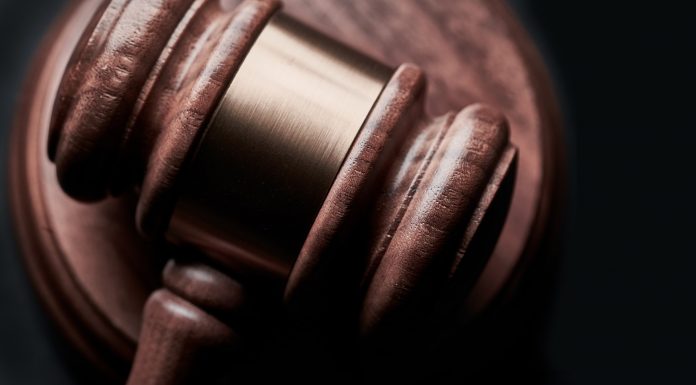Oftentimes, we hear about people with a military status finding themselves in some form of a legal battle. Instances like these are nothing new and sometimes they are simply unavoidable. These can range from minor to even major cases before the court. With the complexities of being in court, it is important that you know the laws related to the situation.
Documentation is always needed and when the case involves someone with a military status, plaintiffs are required to provide this documentation in court. Why is this so important? Well, the documentation that verifies one’s military status entitles them to certain protections in court — as outlined in the Servicemembers civil relief act or SCRA. This comes in handy for defendants with a background in the military.
The Servicemembers civil relief act provides leeway for the defendant, because the court will not issue a default judgment without any proof. You can read more about it on this short article here on the Servicemembers civil relief act website.
So you may be wondering what is the next step for plaintiffs in this situation. That would be to get a military affidavit, nonmilitary affidavit, Servicemembers civil relief act affidavit, or SCRA affidavit — all these names pertain to the same document. The military affidavit can be acquired by going through the Servicemembers Civil Relief Act Centralized Verification Services or SCRACVS. Another option is by using the defendant’s Social Security number but this is usually the more difficult process, taking up to six months since military branches such as the Army and the Navy offices are often very busy and may not even reply to your written letter at all.
The latter process of independently trying to get the affidavit will cost more time and money as well. It appears that waiting for months for a military branch to reply to you, then a court date, is the norm. However, knowing the defendant’s Social Security Number or SSN will be useful because plaintiffs can verify through the Defense Manpower Data Center for an initial check. This Defense Manpower Data Center can be utilized by simply presenting a date of birth should the SSN be unavailable, but will only result in a certification stating that the results of the search are not guaranteed — which, as you guessed, is not quite the same as the military affidavit which will confirm one’s military status in court. So this certification may not be accepted and you’d still have to go the long route to acquire the actual military affidavit.
Ideally, the Servicemembers Civil Relief Act Centralized Verification Services or SCRACVS can provide the affidavit even without the defendant’s SSN. The information needed is just the full name, birth date, address, driver’s license identification (ID) number, and relatives’ names. Presenting this data to the SCRACVS will merit a reliable military affidavit which can then be presented in court. With that, you may even request an affidavit from SCRACVS swearing that you have done your due diligence with researching this information. This is a handful whenever the judges suspect that a defendant is still on active military duty. Otherwise, the Servicemembers civil relief act should take care of the provisions for defendants with a confirmed military status.
Find a Home-Based Business to Start-Up >>> Hundreds of Business Listings.

















































